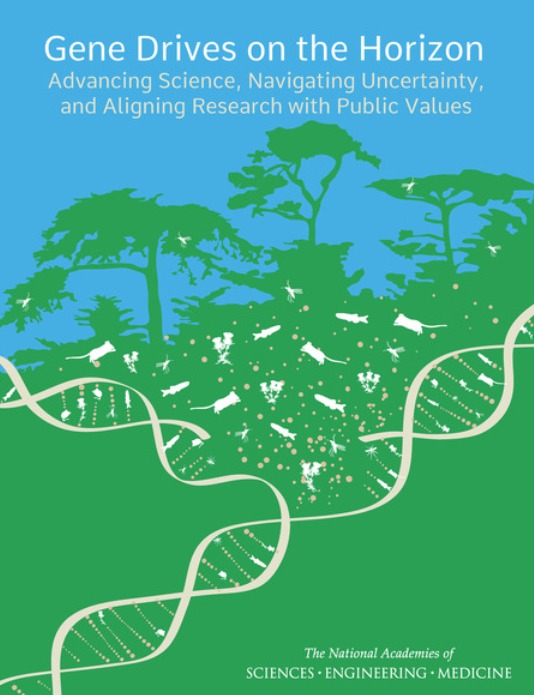Last Updated: 08/06/2024
Social, ethical and regulatory implications of conducting a malaria vaccine efficacy trial in a human infection study in Kenya (SERVE)
Objectives
To conduct a social science study within the HIS-based Phase IIb malaria vaccine trial to contribute to the development of locally responsive policies on the ethical conduct of malaria vaccine efficacy studies involving the use of a Malaria human infection studies (HIS) in Kenya.
Malaria remains an important public health problem in many LMICs, including Kenya – necessitating alternative prevention and control strategies. Malaria human infection studies (HIS) – trials that involve the deliberate infection of healthy volunteers with malaria parasites to assess the efficacy of potential vaccine and drug candidates and to understand the innate and acquired protection against malaria parasites – have become an important approach to fast-track the development of a malaria vaccine. The KEMRI-Wellcome Trust Research Programme (KWTRP) has developed expertise in setting up and running research on malaria HIS. One of the planned studies is an EDCTP-funded Phase IIb malaria vaccine efficacy trial within a HIS. While all scientific proposals at KWTRP are carefully reviewed by national and international science and ethics review bodies and are supported by a well-developed local community engagement platform, research to understand the social, ethical and regulatory issues for HIS from a grounded perspective is in early stages of development, especially in LMICs. Given the particular opportunities provided by the KWTRP’s experience in running HIS, expertise in embedded social science research and the presence of a well-established community engagement platform, we plan to conduct a social science study within the HIS-based Phase IIb malaria vaccine trial. The overall aim is to contribute to the development of locally responsive policies on the ethical conduct of malaria vaccine efficacy studies involving the use of a HIS in Kenya. Data will be collected from a range of HIS stakeholders, including HIS participants, community members, HIS research team, ethics committees, regulatory authorities and policy makers through surveys, interviews, group discussions, participatory workshops, observations and document review.
Article: “We should be at the table together from the beginning”: perspectives on partnership from stakeholders at four research institutions in sub-Saharan AfricaArticle: Ethical considerations around volunteer payments in a malaria human infection study in Kenya: an embedded empirical ethics study
Oct 2020 — Sep 2023
$171,000


